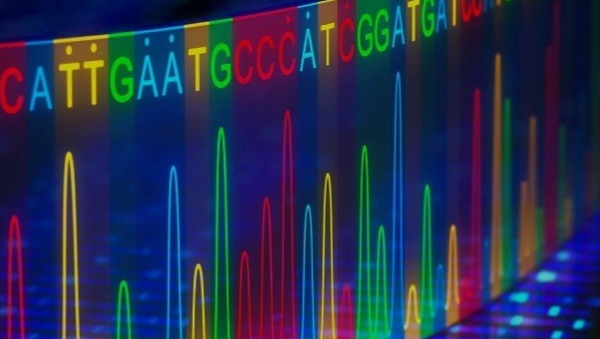HudsonAlpha researchers awarded NIH grant to identify genetic contributors to rare diseases in children
By: HudsonAlpha Institute for Biotechnology
As genetic sequencing technology becomes more accessible and efficient, researchers have made significant strides in understanding the genetic underpinnings of various diseases. This knowledge has led to a surge in clinical applications of genetic testing, offering hope and improved outcomes for people affected by many genetic diseases and disorders.
Despite these successes, scientists continue to try to improve genetic testing technologies because many people with rare diseases remain undiagnosed even after current state-of-the-art genomic testing.
Scientists at the HudsonAlpha Institute for Biotechnology were awarded a five-year, $2.9 million National Institutes of Health (NIH) grant to use a newer sequencing tool called long-read genome sequencing to re-sequence hundreds of genomes from individuals who previously had genome sequencing with no diagnostic results. Long-read sequencing technology provides a more comprehensive view of the genome, allowing scientists to identify many genetic variants that traditional sequencing methods may miss.
The Alabama Weather Blog is pleased to present an excerpt from a featured article in partnership with the Alabama News Center. For the full post including images, videos, and related links, please visit the article HERE.
Category: ALL POSTS, Partner News Stories, Social Media
















